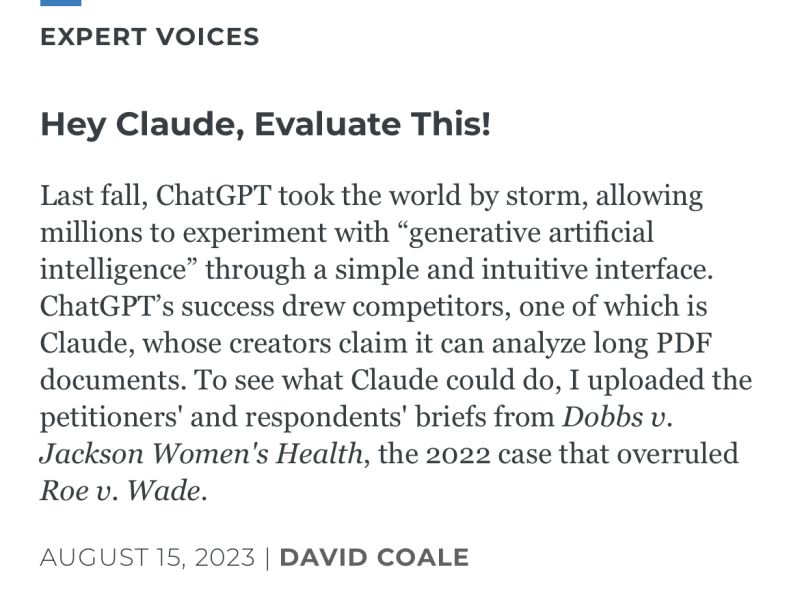In Whirlpool Corp. v. Shenzhen Sanlida Elec. Tech. Co., the plaintiff obtained a preliminary injunction against sale of a kitchen mixer that allegedly infringed on the “KitchenAid” design. Shenzen, a China-based manufacturer, objected to the issuance of an injunction before service of process (although its counsel appeared at the preliminary-injunction hearing and argued about the merits, and Shenzen did not dispute that jurisdiction would exist upon completion of service).
The Fifth Circuit rejected this argument, noting:
- Text. “Federal Rule of Civil Procedure 65[(a)(1)] states that a court ‘may issue a preliminary injunction only on notice to the adverse party..”
- Circuit precedent. “[A]s we stated in Corrigan Dispatch Co. v. Casa Guzman, S.A., ‘Rule 65(a) does not require service of process,’ but rather requires ‘notice to the adverse party.’ 569 F.2d 300, 302 (5th Cir. 1978).
- Practicality. “[B]ecause ‘formal service of process under the Hague Convention . . . can take months,’ adopting Shenzhen’s position could result in the ‘unfortunate effect of immunizing most foreign defendants from needed emergency injunctive relief.'” (citation omitted).
No. 22-40376 (Aug. 25, 2023).






